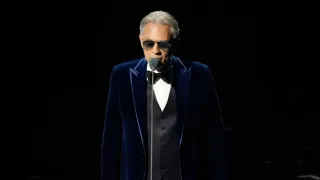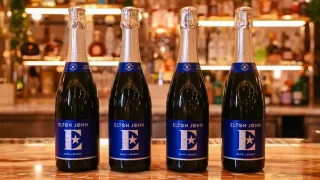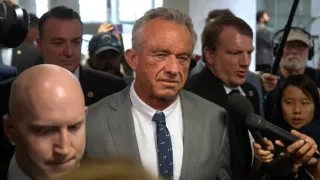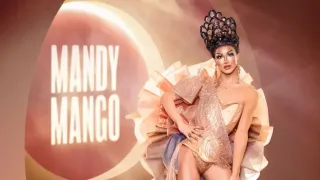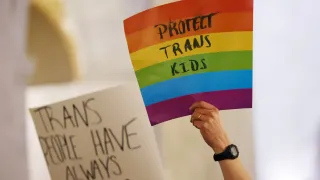December 14, 2018
Beto O'Rourke Still Undecided as 2020 White House Buzz Grows
Will Weissert READ TIME: 3 MIN.
When it comes to a 2020 presidential run, Beto O'Rourke is still playing hard to get – even as the buzz around him intensifies.
The three-term Democratic congressman murmured "No decision. No decision on that," when pressed by an attendee during a town hall Friday in his native El Paso who playfully demanded: "You're going to run for president, right?"
A onetime punk rocker, O'Rourke became a political star in national liberal circles, raised $80-plus million and came within three percentage points of upsetting Republican Sen. Ted Cruz to become the first Democrat to win statewide office in Texas in nearly a quarter century. The 46-year-old is giving up his House seat and has said he'll wait until he finishes his term Jan. 3 before making up his mind on 2020.
Amid his indecision, O'Rourke's name has continued to rise among top potential Democratic presidential candidates – even climbing to at or near the top in some opinion polls.
Later asked at the town hall about the "immense pressure" the eventual Democratic presidential nominee competing with President Donald Trump and his combative campaigning style could face to refrain from going negative, O'Rourke said "interesting, speculative question."
"Whoever is running may very well be running against somebody who has not the slightest respect for our norms, our traditions, civility, dignity, decency and public life," O'Rourke said. "Where you can say anything that you want to from the highest perch of power in this land."
He continued of 2020: "This is the mother of all tests for this democracy and whether we can run a campaign, have candidates at all levels from schoolboard to the White House who are willing to focus on issues, on our potential, on our promise, on the future instead of our fears, instead of attacking one another personally, instead of going for the most base impulse and instincts among us."
O'Rourke, whose populist brand of optimism was a hit with many Texas voters, said he had planned to make Friday his last day in Congress and spend it packing up his belongings and heading back to Texas. Instead, though, he's planning to return to Capitol Hill next week for discussions on passing federal spending bills "because the government will run out of money on Dec. 21" unless Congress acts.
Trump has vowed to help force a government shutdown unless funding to expand the wall along the U.S.-Mexico border is approved – something O'Rourke calls inhumane and ineffective.
"I will vote against any budget proposal that comes forward that adds to the already 600 miles of walls and fencing and physical barriers that we have in this country," he said. "Not only is it a waste of your money at a time that we are $21 trillion in debt, but we are projected to add $1 trillion in deficit spending to that debt just in this next fiscal year."
O'Rourke plans to cross into Ciudad Juarez, Mexico, later Friday to meet with immigrants from Central America and elsewhere who want to claim asylum in the United States because they are fleeing violence or political persecution back home, but have been waiting for weeks because federal authorities at the border can't keep up with demand.
On Saturday, O'Rourke is touring Tornillo, the tent city in remote West Texas where 2,300 immigrant teens are being held at what began as an emergency shelter but now is taking on a permanent feel – costing taxpayers up to $1,200 per child, per day.
